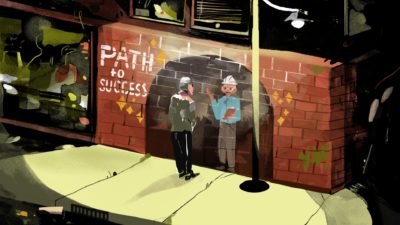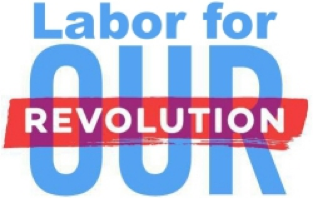
There's always some gesture toward job training, or increasing access to education. But...what other jobs could people find, especially in rural America? I fear they would be low-end retail jobs that tend to be worse in almost every way: uncertain hours, low pay, constant standing.
-Monica Potts, Vice
Both single payer bills in Congress have funds allocated for job placement and retraining of displaced workers. These provisions in the bill are not as strong as they need to be and we expect them to be stronger in the future.
Working with employees of affected industries to strengthen transition protections in single payer legislation will ensure a just transition.
HR 676, the House single payer bill, provides for first priority in job placement and retraining. However, salary benefits are only for 2 years and are capped at $100,000 per year. Retraining is included in the language, but a budget is not specified.
S1804, the Senate Single payer bill, allocates 1% of the bill’s budget to “programs providing assistance to workers who perform functions in the administration of the health insurance system and who may experience economic dislocation (for up to 5 years).”
Labor for Our Revolution is currently working on a proposal for even more protective benefits. The following is an excerpt from their proposal:
"Labor for Our Revolution believes that all workers have the right to a just transition whenever a change in public policy affects their lives and livelihoods. Workers and their communities should not have to pay the price for the elimination of unjust or unsustainable economic activities. Rather, those who profited from the continuation of these practices should pay the costs of conversion.”
